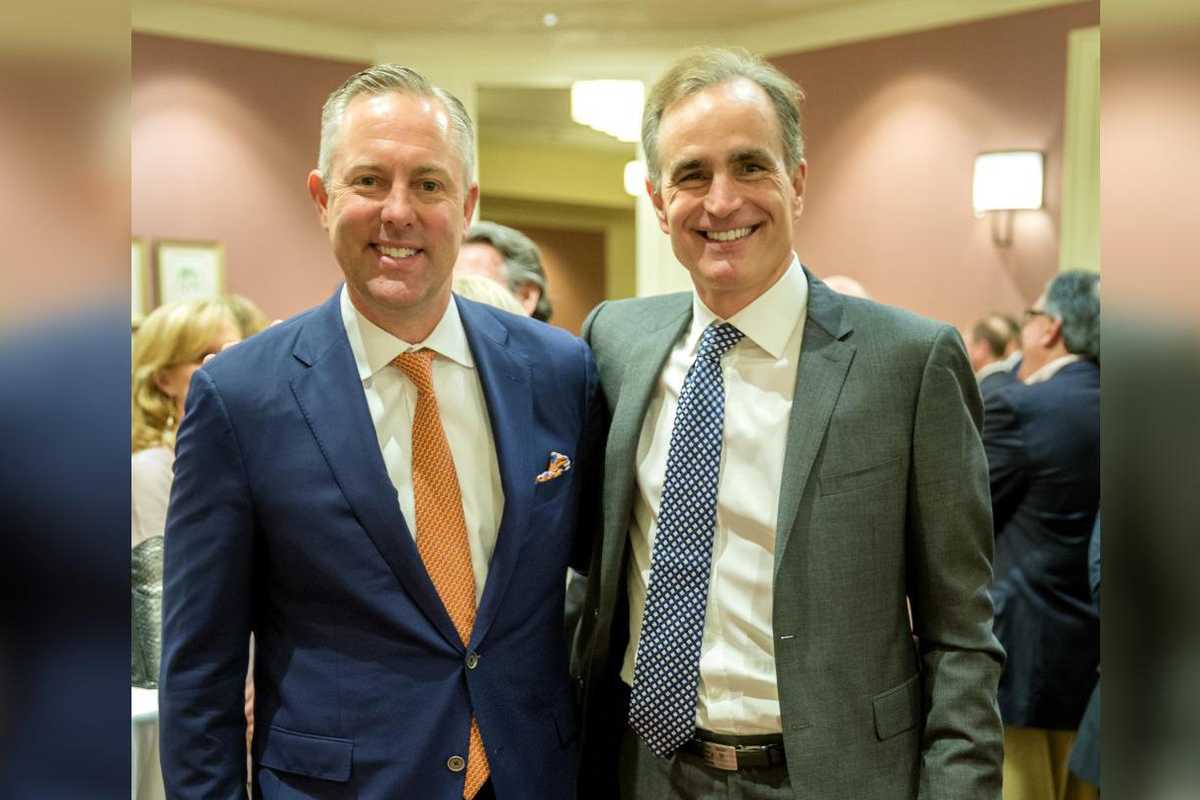Houston SPAC announces merger with Beaumont-based tech company in deal valued at $100M
speaking of spacs
A Houston SPAC, or special purpose acquisition company, has announced the company it plans to merge with in the new year.
Beaumont-based Infrared Cameras Holdings Inc., a provider of thermal imaging platforms, and Houston-based SportsMap Tech Acquisition Corp. (NASDAQ: SMAP), a publicly-traded SPAC with $117 million held in trust, announced their agreement for ICI to IPO via SPAC.
Originally announced in the fall of last year, the blank-check company is led by David Gow, CEO and chairman. Gow is also chairman and CEO of Gow Media, which owns digital media outlets SportsMap, CultureMap, and InnovationMap, as well as the SportsMap Radio Network, ESPN 97.5 and 92.5.
The deal will close in the first half of 2023, according to a news release, and the combined company will be renamed Infrared Cameras Holdings Inc. and will be listed on NASDAQ under a new ticker symbol.
“ICI is extremely excited to partner with David Gow and SportsMap as we continue to deliver our innovative software and hardware solutions," says Gary Strahan, founder and CEO of ICI, in the release. "We believe our software and sensor technology can change the way companies across industries perform predictive maintenance to ensure reliability, environmental integrity, and safety through AI and machine learning.”
Strahan will continue to serve as CEO of the combined company, and Gow will become chairman of the board. The transaction values the combined company at a pre-money equity valuation of $100 million, according to the release, and existing ICI shareholders will roll 100 percent of their equity into the combined company as part of the transaction.
“We believe ICI is poised for strong growth," Gow says in the release. "The company has a strong value proposition, detecting the overheating of equipment in industrial settings. ICI also has assembled a strong management team to execute on the opportunity. We are delighted to combine our SPAC with ICI.”
Founded in 1995, ICI provides infrared and imaging technology — as well as service, training, and equipment repairs — to various businesses and individuals across industries.

 The Cannon's new space is in 53 West, a Galleria-area office building recently renovated by Braun Enterprises. Graphic courtesy of The Cannon
The Cannon's new space is in 53 West, a Galleria-area office building recently renovated by Braun Enterprises. Graphic courtesy of The Cannon David Gow (right) is the chairman and CEO of the new SPAC, and Reid Ryan will serve on the board. Photo by Michele Lee Sparks/Archer Sparks
David Gow (right) is the chairman and CEO of the new SPAC, and Reid Ryan will serve on the board. Photo by Michele Lee Sparks/Archer Sparks 53 West has been undergoing renovations recently. Photo via braunenterprises.com
53 West has been undergoing renovations recently. Photo via braunenterprises.com



